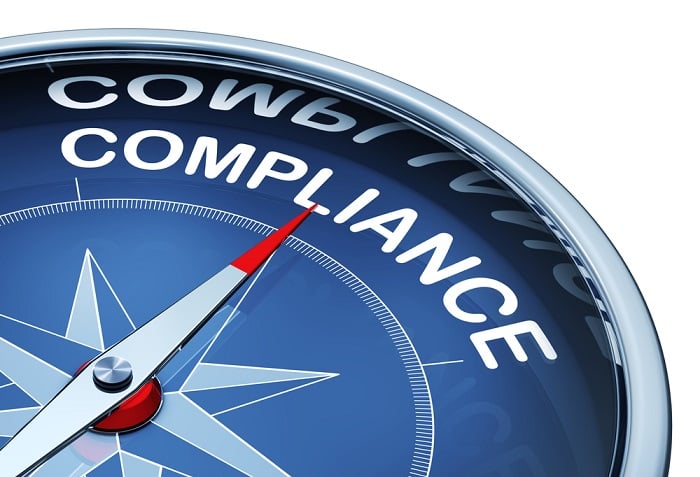 In theory, compliance should be easy—just follow the rules. The problem business leaders face is that the rules are constantly changing. With each shift in the political landscape, new laws are passed and regulatory priorities re-shuffled. Today, the compliance landscape is shifting significantly at the federal, state and local levels.
In theory, compliance should be easy—just follow the rules. The problem business leaders face is that the rules are constantly changing. With each shift in the political landscape, new laws are passed and regulatory priorities re-shuffled. Today, the compliance landscape is shifting significantly at the federal, state and local levels.
There are several expected changes in compliance that HR professionals will face in the coming months. These include changes to EEO-1 reporting, a revised W-4 form for employee tax withholding, and a proposal from the Department of Labor to change overtime for salaried employees.
Recommended For You
EEO-1: Additional reporting due
Businesses with at least 100 employees and federal contractors with at least 50 employees must file the annual EEO-1 form by September 30. As a result of a recent court ruling, these employers must now submit updated EEO-1 reporting. Specifically, a second component was added that requires employers to collect and report data on employee pay by race, ethnicity, and gender dating back to 2017.
This policy change is aimed at helping employers be more transparent about how much they pay workers and make it easier to find discriminatory patterns. There have been attempts in the judiciary system to prevent this change from taking place. However, employers should plan to comply. Any further opposition to prevent this policy from being implemented would most likely result in only a temporary delay.
W-4: Prepare for expected changes
The IRS plan to revamp the W-4 form in 2018 to reflect changes from the Tax Cuts and Jobs Act had received strong pushback over potential privacy concerns. The changes are required in order to account for the suspension of personal exemptions and make employee withholding more accurate. However, the initial draft called for an employee to report any additional household income to their employer.
The 2020 draft form currently out for review removes the previous suggested changes that caused consternation, and provides a more streamlined process to calculate withholding more effectively, while maintaining privacy. Employers should review and prepare for 2020 W-4 changes. It is important to note that not all employees will be required to complete the new W-4 effective January 1, 2020, only new hires.
DOL: Look for a potential increase to the salary threshold
The most recent proposal from the Department of Labor is an extension and increase of overtime pay that would raise the salary threshold from the current $23,660 a year to $35,308. This potentially increases the number of white-collar employees who qualify for overtime by just over a million. Unlike the proposed 2016 rule, which set a formula for the overtime threshold to rise automatically with inflation, the new rule would merely direct DOL to update the threshold at its discretion every four years.
Employers need to determine the impact of this change across their entire organization. If it will affect employees' hours or the number of positions, be as transparent as possible to avoid last minute surprises. If possible, employers should consider proactively implementing some of these changes now as part of employee review or salary increase discussions. This preparation will help businesses avoid feeling the brunt of the change all at once.
Outside of these three issues, congressional gridlock is forcing many state governments to develop individual laws to address issues that Congress isn't. The federal government is at an impasse on issues including Family Medical Leave, so some states, including New York and California, are creating their own laws. Many state legislatures are passing laws on state-sponsored 401K plans to offer retirement savings options to those with employers who don't.
Changes in compliance policy are a constant, with little expectation to slow down regardless of which way the political wind blows. Collectively, it is challenging for HR teams to stay on top of all of them. Employers should look for the right partners who can help effectively manage current and future changes in compliance. The right team of experts provides the stable foundation for continually shifting compliance issues. Steve Sauer is Manager of Product Compliance at Paycor, an HR and payroll technology provider.
Read more:
© Touchpoint Markets, All Rights Reserved. Request academic re-use from www.copyright.com. All other uses, submit a request to [email protected]. For more inforrmation visit Asset & Logo Licensing.






